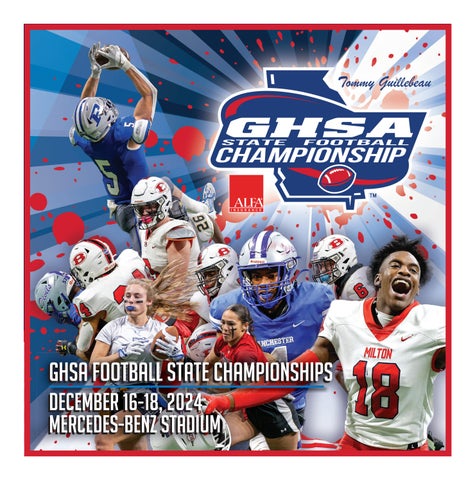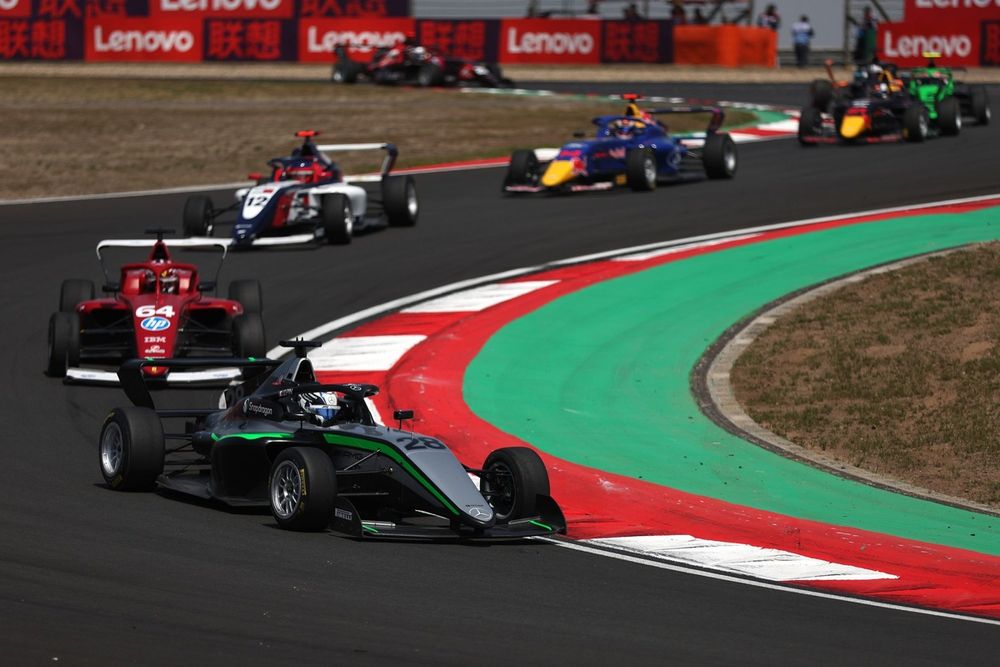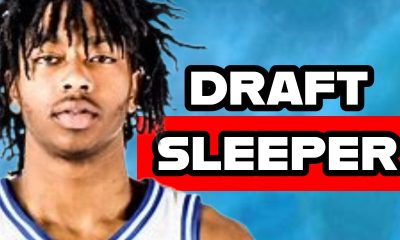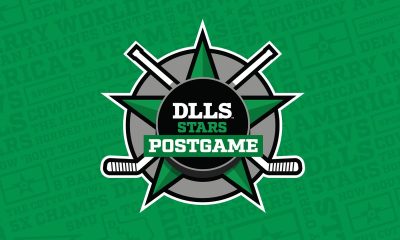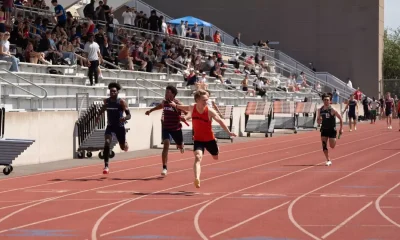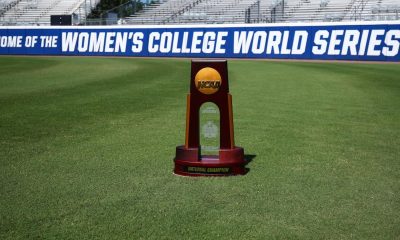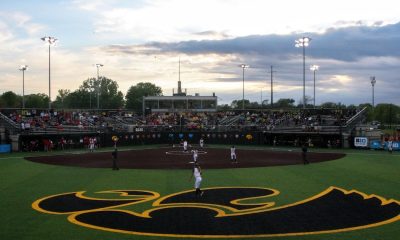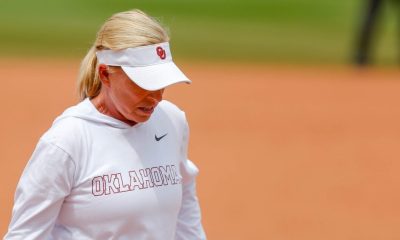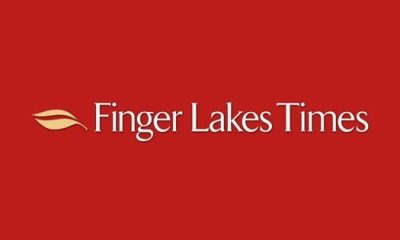NIL
Eastern Washington AD Tim Collins discusses NIL, transfer portal, future of college athletics
CHENEY, Wash. — Name, Image, and Likeness (NIL) might still be a buzzword stirring controversy in college athletics, but Eastern Washington Athletic Director Tim Collins is embracing the new era with open arms. In a sit-down conversation with SWX Sports Director Austin Getz, Collins shared his perspective on NIL, the transfer portal, and the ever-evolving […]


CHENEY, Wash. — Name, Image, and Likeness (NIL) might still be a buzzword stirring controversy in college athletics, but Eastern Washington Athletic Director Tim Collins is embracing the new era with open arms.
In a sit-down conversation with SWX Sports Director Austin Getz, Collins shared his perspective on NIL, the transfer portal, and the ever-evolving landscape of college sports — offering a grounded but optimistic take on the challenges and opportunities these changes bring to schools like EWU.
“It wasn’t fair that our industry was limiting student-athletes’ earning potential,” Collins said. “If a student on a music scholarship signed a record deal, they wouldn’t lose their music scholarship. But if a student-athlete signed a record deal, they would become ineligible… We were in an era where we needed to deregulate, and we probably did so a couple of decades too late, so now it’s hard to get the toothpaste back in the tube.”
Collins noted that while the implementation of NIL has come with hurdles, it has also empowered student-athletes in ways that were previously impossible — like running youth clinics or launching entrepreneurial ventures.
A New Arms Race
Fifteen years ago, college athletic departments competed over facilities and scholarships. Today, Collins says the race has shifted.
“I think it’s the new arms race… Now it’s NIL,” he said. “Twenty years ago, we didn’t have better facilities than Alabama. Well, this year, we don’t have better NIL than Alabama. So what is all relative and where can we find ourselves because we have championship aspirations at our level in the Big Sky Conference, and specifically FCS in football.”
Managing NIL now consumes a significant portion of Collins’ daily responsibilities — especially as smaller programs try to stay competitive in a rapidly expanding market.
“Everybody likes an open market until it negatively impacts them,” Collins said.
Balancing Progress and Stability
Collins also addressed fan frustration over roster turnover and the perception of a “pay-for-play” system. His response? Lean into the opportunities rather than resist them.
“We’ve benefited from the transfer portal,” he said, pointing to Big Sky Player of the Year Jamie Loera, who helped lead EWU women’s basketball to the NCAA tournament. “It feels like it hurts us more than it helps sometimes, but we have to work those things together.”
For fans concerned about constant change, Collins emphasized EWU’s continued commitment to the student-athlete experience — from nutrition and leadership programs to academic support and career development.
“Does roster changes, roster composition, does that look different now? Yeah, probably, but on Saturdays, for example, our responsibility is to bring everyone together, bring everyone out to Roos Field and celebrate being Eags,” he said.
Looking Ahead in a Changing Landscape
With NIL, the transfer portal, conference realignment, and the looming House v. NCAA settlement all converging, many believe college athletics is nearing a breaking point. Collins admits he can’t predict the future, but says EWU’s clear identity within the FCS is a strength.
“We know who we are and who we’re not trying to be,” he said. “We [want] to maintain access to NCAA championships. That really matters for us.”
When asked about possible “guardrails” to bring stability to the NIL and transfer ecosystem, Collins returned to academics as the foundation.
“We have to adapt to it… It’s going to be really hard to regulate student-athletes to restrictions that other students or the adults in the room aren’t subject to,” he said. “So when you talk about guardrails, I go back to ensuring that the academic outcome is still happening… ensuring student-athletes are achieving meaningful degrees.”
EWU’s Approach to NIL
Each school seems to be carving out its own strategy when it comes to NIL — whether through collectives, fundraising campaigns or partnerships. Collins said Eastern Washington has built a multi-pronged approach to support its student-athletes while engaging fans and alumni.
“As the landscape evolves, our kind of rules of what we can do and how we can support our student-athletes through their name, image and likeness initiatives, that kind of takes clarity,” Collins said. “And one of the things we’ve been able to do over the last couple of months is launch GoEags.com/NIL. And that’s really our hub of all of our NIL activities for our student-athletes.”
That includes the Rise of the Red Collective, where fans can contribute directly to NIL funds that support student-athletes. EWU also partners with OpenDorse for a marketplace connecting fans with athletes for specific events, and with Influxer for player-branded merchandise like t-shirts and jerseys for fans to buy and support Eags directly.
Would He Do It Again?
Despite the whirlwind of changes, Collins remains passionate about the mission of college athletics.
“Absolutely,” he said when asked if he’d still sign up for this job knowing what he knows now. “The best part of my job still exists. I get to work with 300 young people and help them be socially mobile and create opportunities for them to better their situation, their families’ situation.”
As he sees it, the goals remain the same: serve the student-athletes, serve the campus, and serve the community. NIL might be a new chapter — but at Eastern Washington, Collins says the focus remains steady.

 You learned about it on SWX.
You learned about it on SWX.
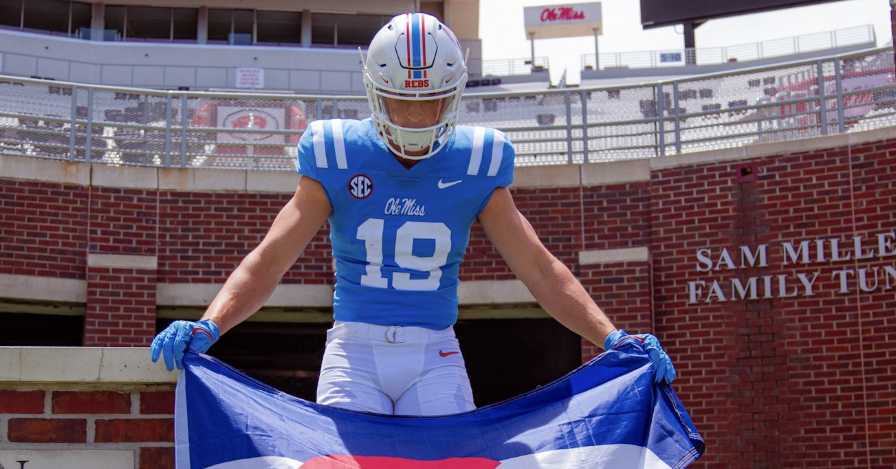
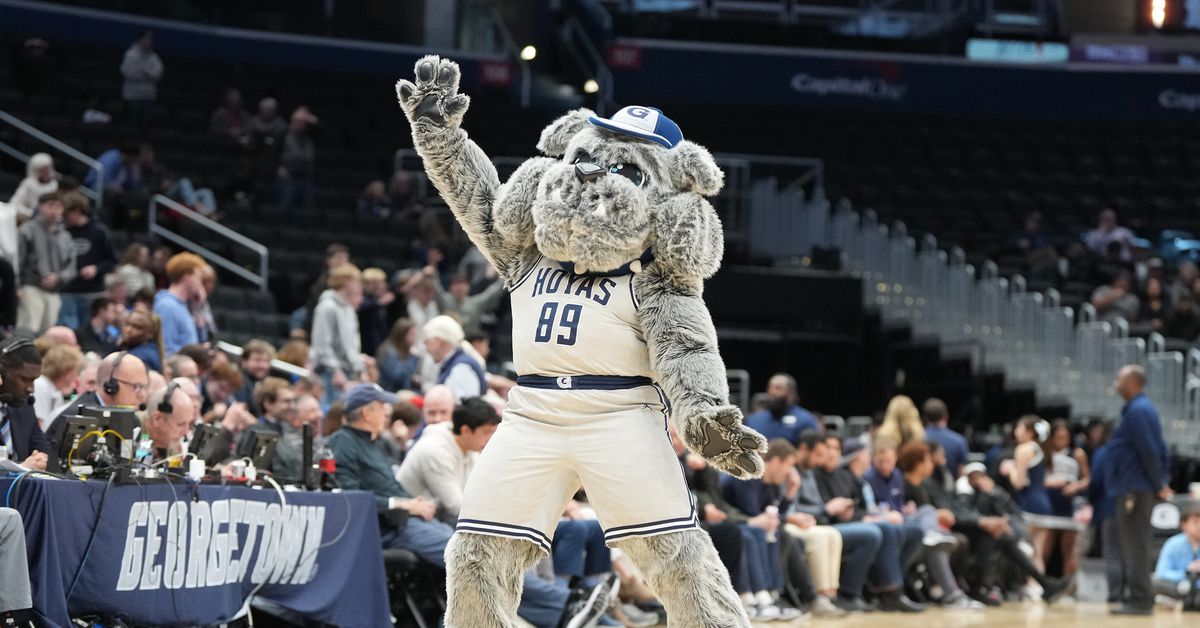
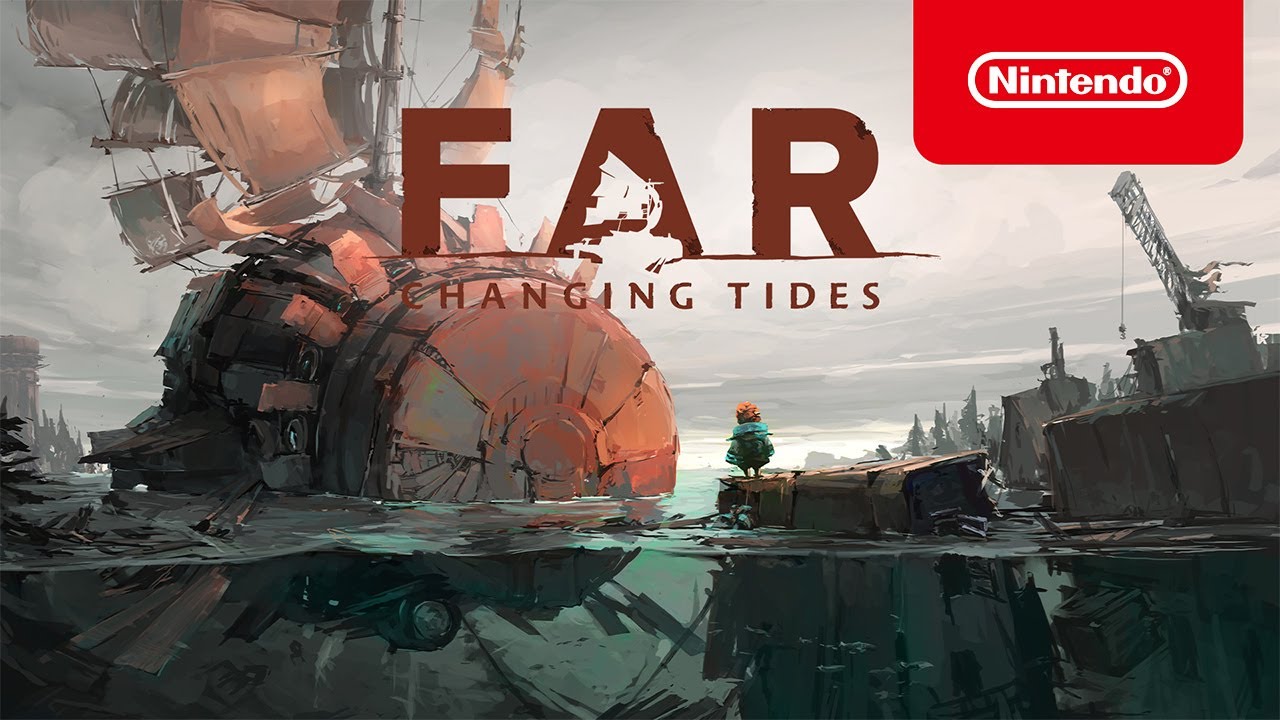


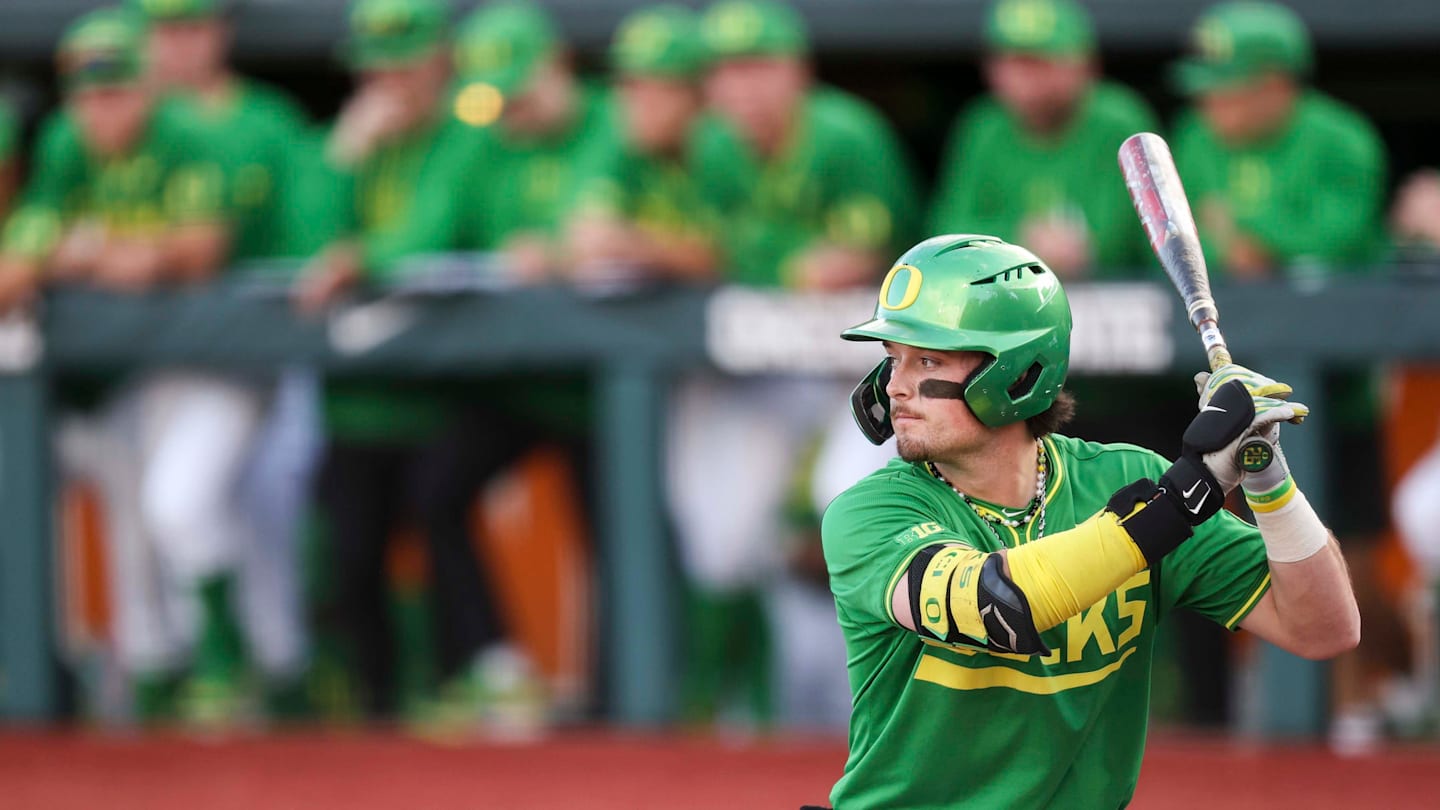










 The newest member of the New York Giants
The newest member of the New York Giants







